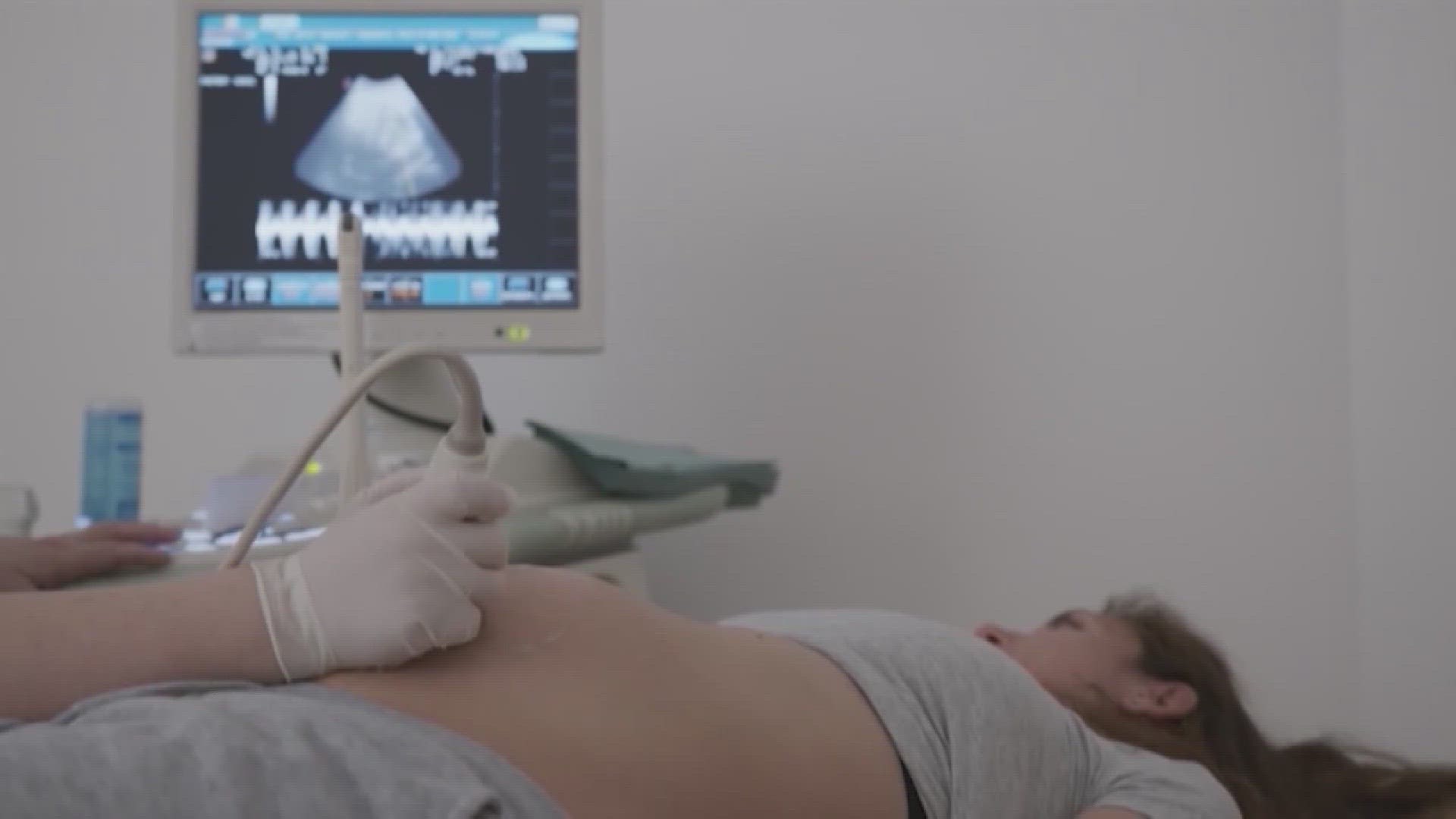KNOXVILLE, Tenn. — On Monday, the Tennessee House of Representatives passed a bill that added narrow exceptions that would allow abortion treatments terminating an "ectopic or molar pregnancy."
A doctor who used to practice in Tennessee said that exceptions are not enough to guarantee women will be safe if they need treatment. She said that she left the state after the Roe v. Wade decision was overturned because she felt she would have risked prison by continuing to help patients.
"The options are the exceptions are exceptionally vague. That does no good for anybody. No physician is going to put their life on the line. We will send people out of state and get them the care they need. I'm not going to let anyone die under my watch. But I'm also not going to go to jail or sacrifice my entire life for it," said Dr. Leilah Zahedi-Spung, who now lives in Colorado.
She said that the bill allowing abortion treatments for ectopic or molar pregnancies did not go far enough, and could continue confusing doctors.
"That legislators are patting themselves on the back for building an exception for a pregnancy that will kill someone is insane," she said. "If a physician is having to pit their livelihood against the life of a patient, that's dangerous regardless of what the law is."
The amended version of the bill says licensed physicians would not commit a crime if they perform abortion services at a licensed hospital or an ambulatory surgical treatment center, as long as they decide it's necessary to prevent the pregnant person from dying or to prevent major bodily harm. They would also need to perform services that "provides the best opportunity for the unborn child to survive."
It explicitly says providing abortion services would still be a crime if a physician believes a pregnant person would intentionally hurt themselves should they give birth, or if their mental health would be harmed.
"Those aren't the people we're worried about. The people that we're worried about are the ones with significant cardiac problems, significant medical comorbidities, lethal fetal anomalies, whose water breaks early, and significant vaginal bleeding with a heartbeat. I mean, those are cases where people could die. And that is the complications that we're seeing," she said.
Dr. Leilah Zahedi-Spung said she does not regret her decision to leave Tennessee after it effectively banned most abortion treatments.
"We have an agreement on where we want to go, and I look forward to it becoming law here very soon," said Cameron Sexton, the Tennessee Speaker of the House.
The Senate version of the bill, SB 0745, will be discussed in the Senate Health and Welfare Committee on March 28. It has already passed the House of Representatives.

